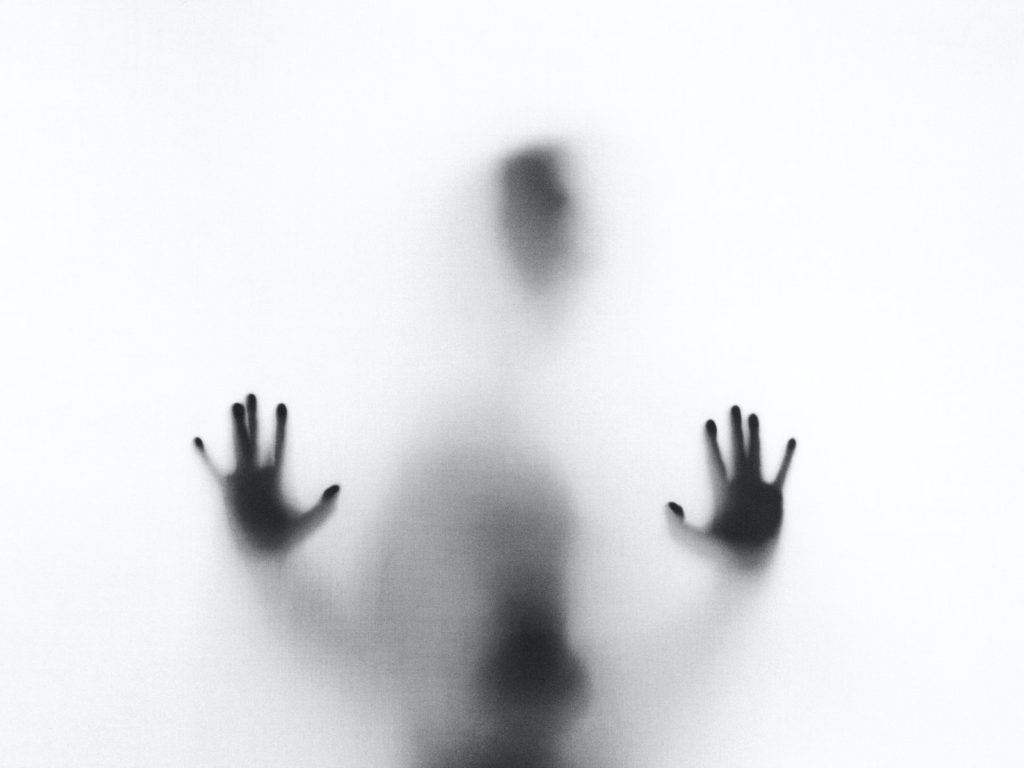How to Get Rid of Brain Fog
Brain fog can occur at different moments within your life. It is common for middle-aged adults to experience mental changes, which can cause your brain not to function at full capacity. Common symptoms that may occur are forgetfulness, taking a long time to learn and having short memory recall time. Aside from old age, other factors can cause brain fog. These factors are a lack of sleep, overworking and stress. Ignoring brain fog can cause you to become frustrated with yourself as you will become more focused on things you can’t do.
What is Brain Fog?
Brain fog is not technically a medical condition, but rather a way to describe the feeling of being mentally slow. It can be a symptom of a health condition or a side effect of different types of medication. Brain fog is having a lack of mental clarity; it can affect your ability to focus and have difficulties in recalling things. Brain fog is caused by several factors but sometimes it can be caused by a combination of causes.
Causes
There is a number of factors that can cause brain fog. Brain fog is not constantly associated with one medical condition.
Here are some different causes of brain fog:
- Lack of sleep
- Increase in stress Level
- Depression
- Dementia
- Hormonal conditions (e.g. thyroid disorders)
- Nutrient deficiencies (e.g. B12 Vitamin)
- Viral Infections (e.g. COVID-19)
- Chronic Health Conditions (e.g. multiple sclerosis)
How Covid-19 Causes Brain Fog
COVID-19 causes inflammation in the brain, which affects neurons ending in brain fog. However, stress, anxiety or isolation can cause brain fog.
Menopause Brain Fog
Women in their 40s or 50s will go through menopause. Symptoms are different for every woman and include anything from night sweats, and gaining weight to hair thinning. Many women also report feeling forgetful or having brain fog that makes it hard to concentrate.

What do studies say?
In a 2018 study, researchers have found that 60% of middle-aged women report difficulty focusing and other brain issues. These issues spike in women going through perimenopause.
Perimenopause is the stage just before the menstrual cycle stops. Women in the study noticed subtle changes in their working memory. However, the researcher believes that having a negative effect may have made these feelings more pronounced.
The researchers explained that women who go through menopause may feel a negative mood, and that mood may be related to memory issues. Not only that but “brain fog” may also be connected with sleep issues and vascular symptoms associated with menopause.
Another study focused on the idea that women in the early stages of menopause may experience more noticeable issues with brain cognition. Moreover, women in the first year of their last menstrual period scored the lowest on the test.
The test evaluates:
- Verbal Learning
- Memory
- Motor function
- Attention
- Working memory
Memory for women improved over a certain time, which is the opposite of what the researchers had initially hypothesised.
The science behind brain fog in menopausal women

Scientists have found that, in menopausal women, an imbalance of certain hormones can cause brain fog. These hormones are oestrogen, progesterone, follicle-stimulating hormone, and luteinizing hormones. All four of these hormones are responsible for different processes in the body, including brain functions.
As perimenopause lasts an average of 3-4 years, this depends on the woman, during this time your hormone levels may fluctuate unpredictably. As there will be an imbalance in hormones this will cause a bunch of symptoms, while the body adapts to the changes.
Symptoms Include:
- Insomnia
- Headaches/dizziness
- Low energy or fatigue
- Decreased cognitive function
- Lack of mental clarity
- Forgetfulness
- Lack/no motivation
- Depression
- Multitasking
- Low concentration level
- Mood swings
Reducing Symptoms
Get Some Sleep
Sleep is important for your brain and body. Try to make a sleep schedule and make it a rule to have 7 – 8 hours of sleep every night. Avoid using mobile devices because blue light is harmful to your sleep.
Avoid Multitasking
Multitasking can drain your energy and lower your productivity, especially if you are trying to do two activities that require more brainpower. Instead, try having a mono focus
Exercise regularly
Staying physically active can improve your mental health. If you want to know what exercises to do at the gym, we have a blog to help you out.
Avoid Alcohol and Drugs
These drugs or substances can impair your senses and adversely affect your brain. When you have alcohol your hormones are flooded into your brain, one particular hormone is dopamine which is responsible for pleasure and motivation. Alcohol floods the brain with dopamine reducing the brain’s dopamine receptors in the process.
How Can We Help!
At VitaProHealth, we value you as the customer and want you at your best. We have specialists that know what you need to better your physical and mental wellbeing. Regardless, do not hesitate to visit our website for lifestyle advice and supplements. Look at our lifestyle page for general health for tips and tricks.
Contact us today by email at info@vitaprohealth.com


